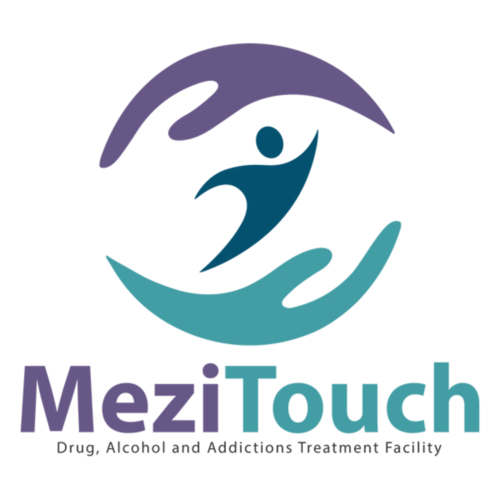November is a time dedicated to raising awareness about several cancers, including lung, pancreatic, gastric (stomach), and neuroendocrine tumors (NET). Awareness campaigns often emphasise early detection and prevention, which are vital, but it is equally important to recognise the profound emotional, physical, and financial challenges that come with a cancer diagnosis.
Cancer affects more than just the individual diagnosed. Families often find themselves thrust into caregiving roles, navigating a complex web of appointments, treatments, and healthcare decisions. While providing support, they also manage their own emotional responses — anxiety, fear, and sometimes helplessness — as they watch a loved one confront a life-changing illness.
Patients face a multifaceted battle. Beyond the physical symptoms and side effects of treatment, they must process the psychological impact of the diagnosis, make difficult decisions about treatment options, and adjust to changes in daily life. Fatigue, pain, and uncertainty can make even ordinary tasks challenging, and maintaining quality of life often requires additional support from both healthcare providers and family.
For families, the challenges can be just as significant. Many caregivers report high levels of stress, disrupted routines, and emotional strain. Financial pressures are common, with medical costs, transportation to appointments, and potential loss of income adding to the burden. The emotional toll of watching a loved one suffer can lead to feelings of isolation and anxiety, yet support systems are often limited.
Raising awareness about these cancers is about more than just understanding symptoms or encouraging screenings. It is also about recognising the human experience behind the diagnosis — the relationships, sacrifices, and resilience that families demonstrate every day. Community understanding and empathy can ease some of this burden, whether through practical help, emotional support, or simply acknowledging the challenges faced.
Support networks, counselling, and educational resources are critical in helping both patients and families navigate this journey. Open conversations about feelings, fears, and practical challenges can strengthen bonds and foster a sense of control amidst uncertainty. Even small gestures — a phone call, a shared meal, or accompanying a loved one to an appointment — can provide enormous comfort.
This November, as we focus on lung, pancreatic, gastric, and NET cancers, it is important to remember that every diagnosis touches more than the individual. Families, friends, and communities play an essential role in providing care, understanding, and hope. By spreading awareness, sharing information, and offering support, we can make a meaningful difference in the lives of those affected.
At Mezi Touch, we recognise the importance of supporting families as well as patients, understanding that holistic care extends beyond medical treatment. Awareness is the first step — compassion and action are what truly help families navigate the challenges of cancer together.






